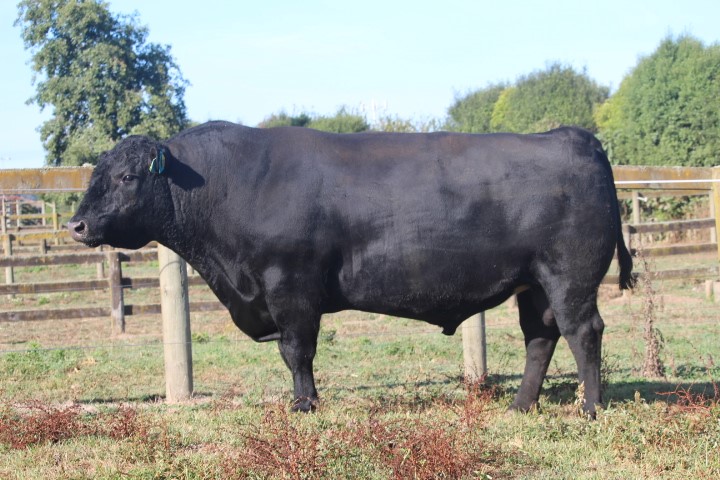Beef + Lamb New Zealand (B+LNZ) Genetics and LIC have joined forces to fulfill growing demand for quality beef genetics suitable for New Zealand dairy cows and support a continued focus on animal welfare by making superior beef genetics easier for dairy farmers to access.

The B+LNZ Genetics Dairy Beef Progeny Test aims to improve the quality of dairy beef animals in the industry by identifying and enabling widespread use of superior bulls for dairy beef. Beef breeders can nominate their best bulls for consideration for the programme – successful bulls then become part of the progeny test scheme. Through the collaboration, breeders will have a potential path to the dairy market for the first time by working with LIC.
B+LNZ Genetics’ General Manager, Dan Brier, is excited about the collaboration with LIC and says dairy farmers are an important and valued part of B+LNZ.
“The Dairy Beef Progeny Test aims to improve the quality of dairy beef calves in the industry by identifying and enabling widespread use of superior bulls for dairy beef. Top bulls can be used in artificial breeding programmes in the dairy industry. The aim is to also offer easy calving and short gestation length to dairy farmers, rapid growth for the finisher and superior carcass attributes for the processor.”
LIC’s bulls sire approximately 80% of dairy cows on farms across New Zealand through its artificial breeding programme with over 5 million straws of semen collected annually from top bulls each year.
LIC Chief Executive, Wayne McNee, says the collaboration helps add value to all stages of the dairy beef market. “Beef sales are likely to increase significantly over the next decade and it is important LIC aligns itself with industry leaders such as B+LNZ Genetics and beef breeders to ensure the best beef bulls are available for the domestic and international dairy markets. We know farmers are focused more than ever on doing their bit to help reduce the number of bobby calves leaving their properties and the addition of this progeny test will further help with this objective.”
Brier adds that the ability to identify the top bulls and enable widespread use in the industry will add value to all stages of the supply chain – from the calf shed through to the consumer. “The calves will be recorded at birth, throughout rearing and the carcasses will be assessed at processing as is the current practice in the existing progeny test.”
Bulls nominated for use in the progeny test will be assessed and chosen by a selection panel comprised of the project leader, Associate Professor Rebecca Hickson (Massey University), a representative from Pamu’s Wairakei Estate, B+LNZ Genetics, and LIC. A total of 26 bulls will be used in the forthcoming mating programme. Each bull selected will be used across at least 60 dairy cows. A minimum of 45 straws will be used in the first year a bull is submitted.
The test will be run at Pamu’s Wairakei Estate and involve 1600 crossbred cows milked once-daily.
Brier explains that the cows that will be used are typical of those to be mated to beef bulls in the dairy industry. “We will have 26 beef sires each year and the progeny test is open to all breeds.”
Calves are reared at Renown farm (or by a commercial calf rearer) and then transferred to Orakonui, within the Wairakei Pastoral Group, for growing out.
Brier says the progeny test aims to identify and prove bulls that are easy calving, short gestation length, have excellent growth rates to 600 days of age and high intramuscular fat suitable for widespread use in the dairy industry through artificial insemination.
“It will provide a central herd in which bulls from multiple breeds can be progeny tested and benchmarked. It will also allow for comparison of finishing performance of dairy beef versus traditional beef calves through links with the B+LNZ Genetics Beef Progeny Test.”
Brier says bulls must come from herds implementing industry best practice recording programmes and using genetic evaluation/EBVs.
For information on how to nominate bulls for this trial, visit www.blgprogenytest.com
Nominations close 14 August with successful farmers notified 28 August.

CAPTION: 717054 Rissington C200 was one of the top 5 all-round sires as reported in the September 2019 interim report of B+LNZ Genetics Dairy Beef Progeny Test. (A copy of the report can be found at www.blnzgenetics.com)
ENDS
For more information contact:
Jo Jalfon (Communications, LIC: jo.jalfon@lic.co.nz) or Becky Campbell (Communications, B+LNZ Genetics): becky.campbell@blnzgenetics.com